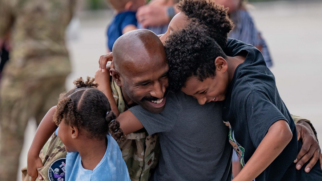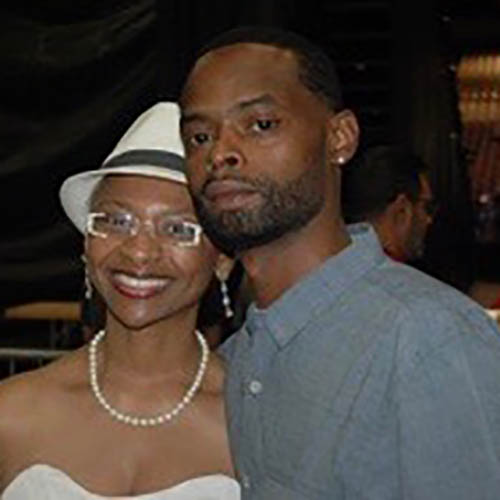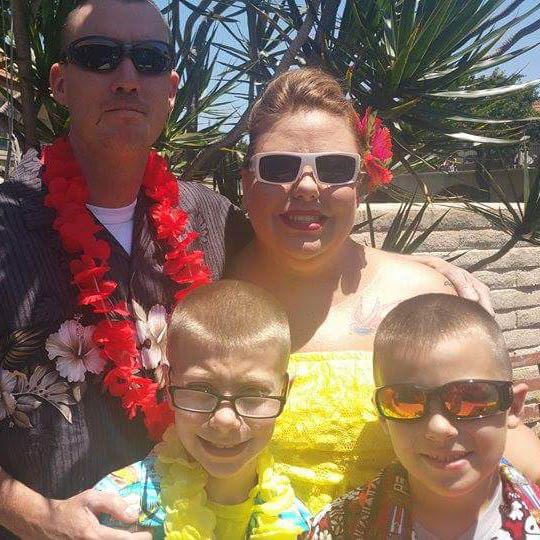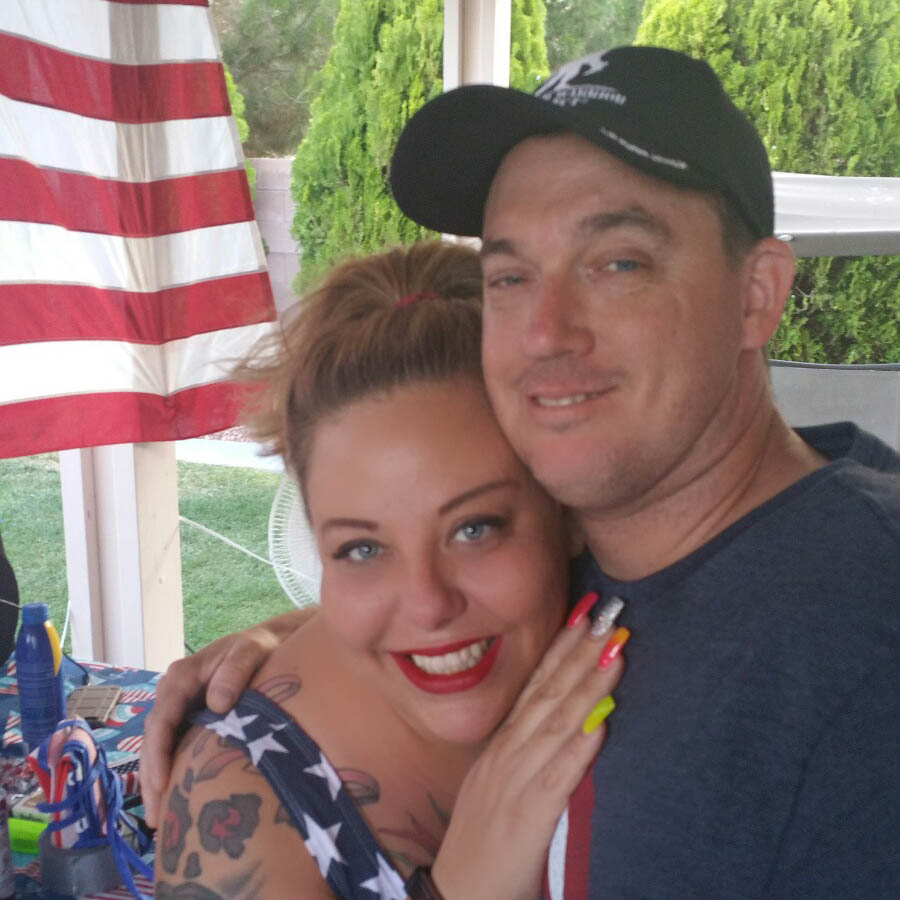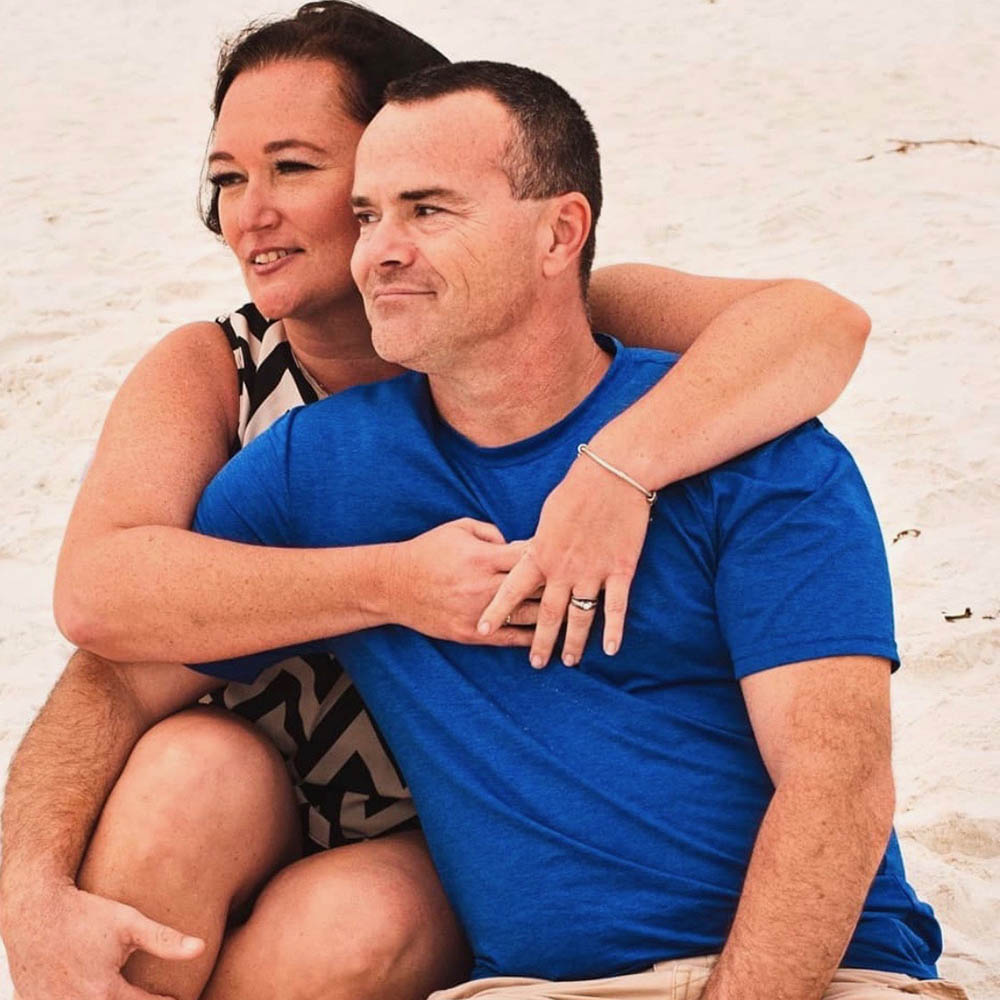Being Your Own Advocate: Five Tips from a Veteran Caregiver
Ida Carson was a caregiver to her husband until his death and now is the caregiver for her son, a retired Army staff sergeant. Her son has visible and invisible wounds from multiple tours of duty for Operation Enduring Freedom. Ida is also a member of Operation Homefront’s Hearts of Valor program and is a support group leader in Ohio.
Hearts of Valor supports caregivers nationwide through facilitating training for support group leaders, and once a year provides an all-expenses-paid retreat for a group of caregivers. Ida attended the retreat in 2017.
Ida has become an advocate, not just for her son, but for caregivers and their veterans nationwide. She has been invited to speak with state and national stakeholders and government officials, including promoting the Campaign for Inclusive Care to allow for caregivers to become a bigger part of the veteran’s medical care.
Here are Ida’s top five pieces of advice on how to become your own advocate.
- Be organized. Ida keeps detailed records. She has a caregiver file, which is a large binder that even includes test results. You may not have as many records as Ida, but even so, you can find a system of organization that works for you. Once you have it, stick with it.
- Follow up. When people tell Ida that they will be doing something, Ida follows up to make sure it got done. That is why being organized is so helpful. You can make notes of what you are told, when you were told and who told you. Then, follow up.
- Speak Up. Ida said it is imperative to not be afraid of asking questions. “You don’t have to settle for what they are telling you. Ask questions.” Ida is part of a group lobbying the VA for more inclusive care, which means including caregivers in the conversation about medical care.
- Don’t quit. Ida has called the offices of two different presidents—George W. Bush and Barack Obama. She has spoken with leadership in USAA. She has gotten donations from Hershey’s and Hanes. She has requested permission to record conversations with doctors at the VA to make sure everyone stays on the same page. She will call local or national news outlets. She will make sure her son gets to his appointments. Not giving up, is one of the most important aspects of being an advocate, she said.
- Do not lose yourself. On the day Operation Homefront spoke with Ida, she said, “I just did 20,000 steps this morning. I got up at 5:30 a.m. and at 6 a.m. I was out the door. I walked until 9 a.m. and then I came in and took a breather. I do that for me. Not only to clear my lungs, but it also clears my head, gives me time with me and the Lord. I listen to scriptures on my phone. It just keeps me in the mindset of how grateful I am. I learned from caring for my husband. In order to be an effective caregiver, you must care for yourself first.”
